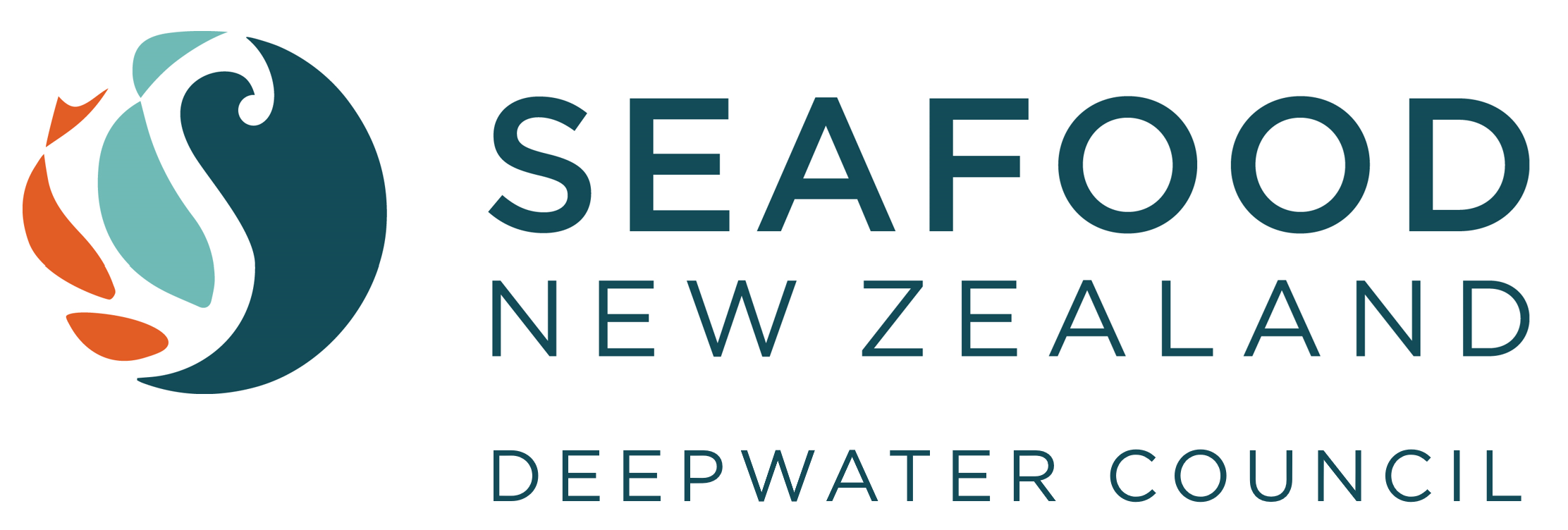Three of New Zealand’s orange roughy fisheries have entered the lengthy and rigorous assessment process to be measured against the world’s most credible standard for sustainable fishing.
“A Marine Stewardship Council (MSC) assessment is a highly transparent and meticulous process and I applaud any fishery that puts themselves under the microscope and scrutiny of the full assessment process,” said MSC Country Manager for New Zealand, Patrick Caleo.
New Zealand’s Ministry of Primary Industry (MPI) and the Deepwater Group (DWG) have been working together for the past ten years to better manage and rebuild the orange roughy stocks, and are now looking to measure this against the MSC standard.
“MSC assessment process uses science and evidence-based facts, no judgements are made about how sustainable a fishery is until it has completed a full assessment and then we let the science speak for itself,” said Mr Caleo.
This is the first orange roughy fishery in the world to undergo assessment and will be measured against the same standard that every fishery in the MSC global programme is assessed against.
“We have more than 300 fisheries worldwide engaged in the MSC programme, which includes very small artisanal fisheries as well as very large commercial fisheries, and species ranging from short-lived species such as pink salmon to long-lived species such as toothfish;” said Mr Caleo.
MSC’s standard for sustainable fishing is based on three core principles;
- Healthy populations of target stock,
- Reduced impact on the marine ecosystem (including bycatch and habitat impact) and,
- The effective management processes of the fishery.
It typically takes around 12 to 18 months for a team of independent third-party scientists to assess a fishery against the MSC standard for sustainability. There are lots of opportunities for stakeholders to input into the assessment process and all results are then peer reviewed.
Once certified the fishery must also meet annual surveillance audits, improve on any conditions to international best practice level, and be completely reassessed every five years.
Some examples of what the assessment team, independently accredited, MRAG Americas, will consider are;
- stock health and biology of orange roughy in New Zealand waters (Principle 1),
- Impacts on the levels of bycatch and the measures in place to reduce bycatch (Principle 2),
- research into the impact of the fishery in all areas including sensitive benthic habitats and how these impacts can be mitigated (Principle 2), as well as
- how management performs, takes action, and is reviewed (Principle 3).
To participate as a stakeholder with this fishery, ask for input and monitor the assessment process, please visit www.msc.org
ends
Contact: MSC Communications and marketing manager, Charlotte Connell ph: +61 422 296 192,
Marine Stewardship Council
The Marine Stewardship Council (MSC) is an international non-profit organisation set up to help transform the seafood market to a sustainable basis. The MSC runs the only certification and ecolabelling programme for wild-capture fisheries consistent with the ISEAL Code of Good Practice for Setting Social and Environmental Standards and the United Nations Food and Agricultural Organisation Guidelines for the Eco-labelling of Fish and Fishery Products from Marine Capture Fisheries. These guidelines are based upon the FAO Code of Conduct for Responsible Fishing and require that credible fishery certification and eco-labelling schemes include:
- Objective, third-party fishery assessment utilising scientific evidence;
- Transparent processes with built-in stakeholder consultation and objection procedures;
- Standards based on the sustainability of target species, ecosystems and management practices.
MSC does not conduct fishery assessments nor does it charge any fee to be measured against its standard.
The MSC has regional or area offices in London, Seattle, Tokyo, Sydney, The Hague, Glasgow, Beijing, Berlin, Cape Town, Copenhagen, Halifax, Paris, Madrid, Moscow, Stockholm, Santiago, Sao Paulo, Singapore and Reykjavik.
In total, over 300 fisheries are engaged in the MSC program with 223 certified and over 100 under full assessment. Another 40 to 50 fisheries are in confidential pre-assessment. Together, fisheries already certified or in full assessment record annual catches of close to ten million metric tonnes of seafood. This represents over eleven per cent of the annual global harvest of wild capture fisheries. Certified fisheries currently land over seven million metric tonnes of seafood annually – close to eight per cent of the total harvest from wild capture fisheries. Worldwide, more than 22,000 seafood products, which can be traced back to the certified sustainable fisheries, bear the blue MSC ecolabel.
For more information on the work of the MSC, please visit www.msc.org
For a full list of our social media presences, visit http://www.msc.org/socialmedia
